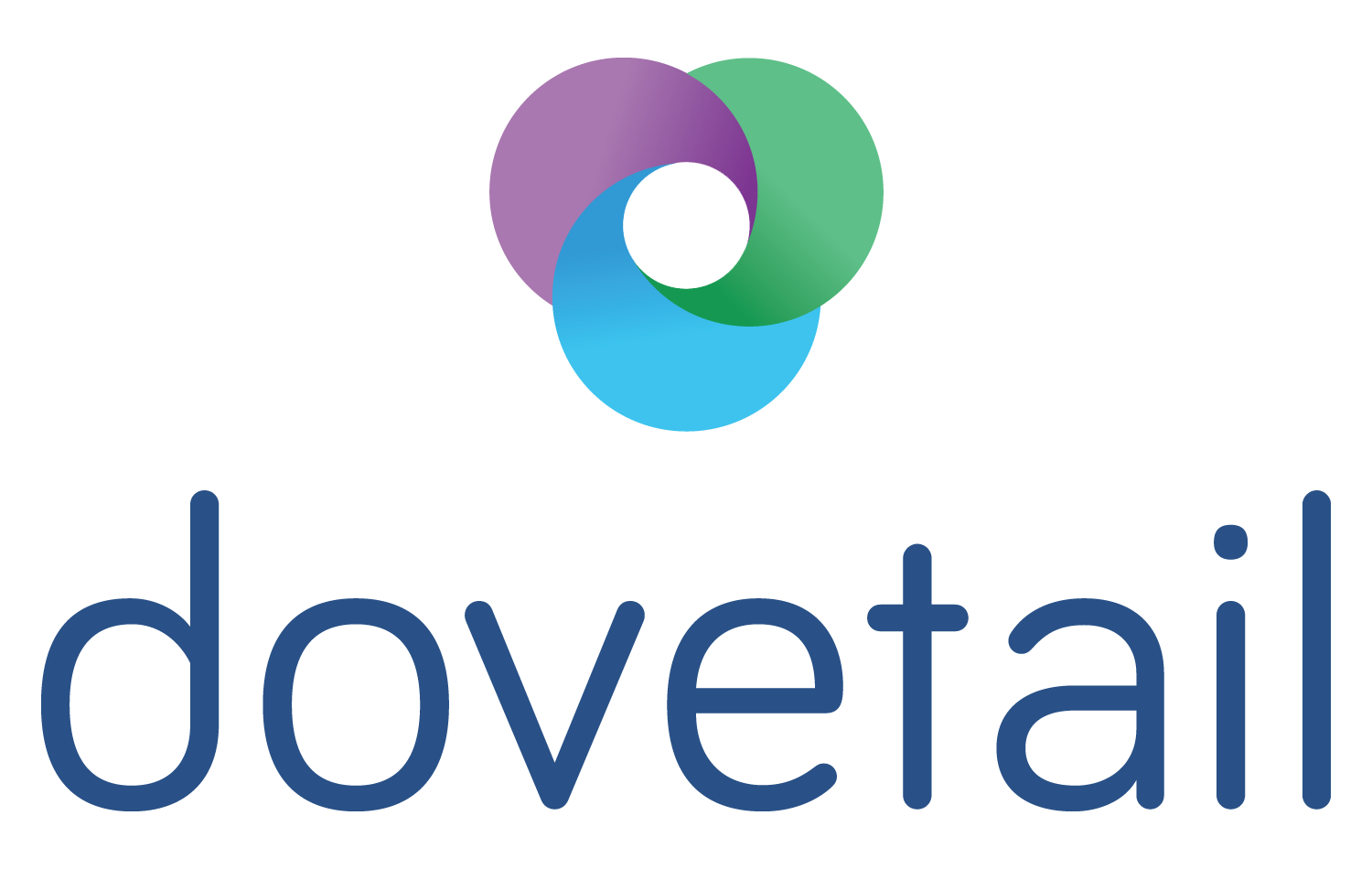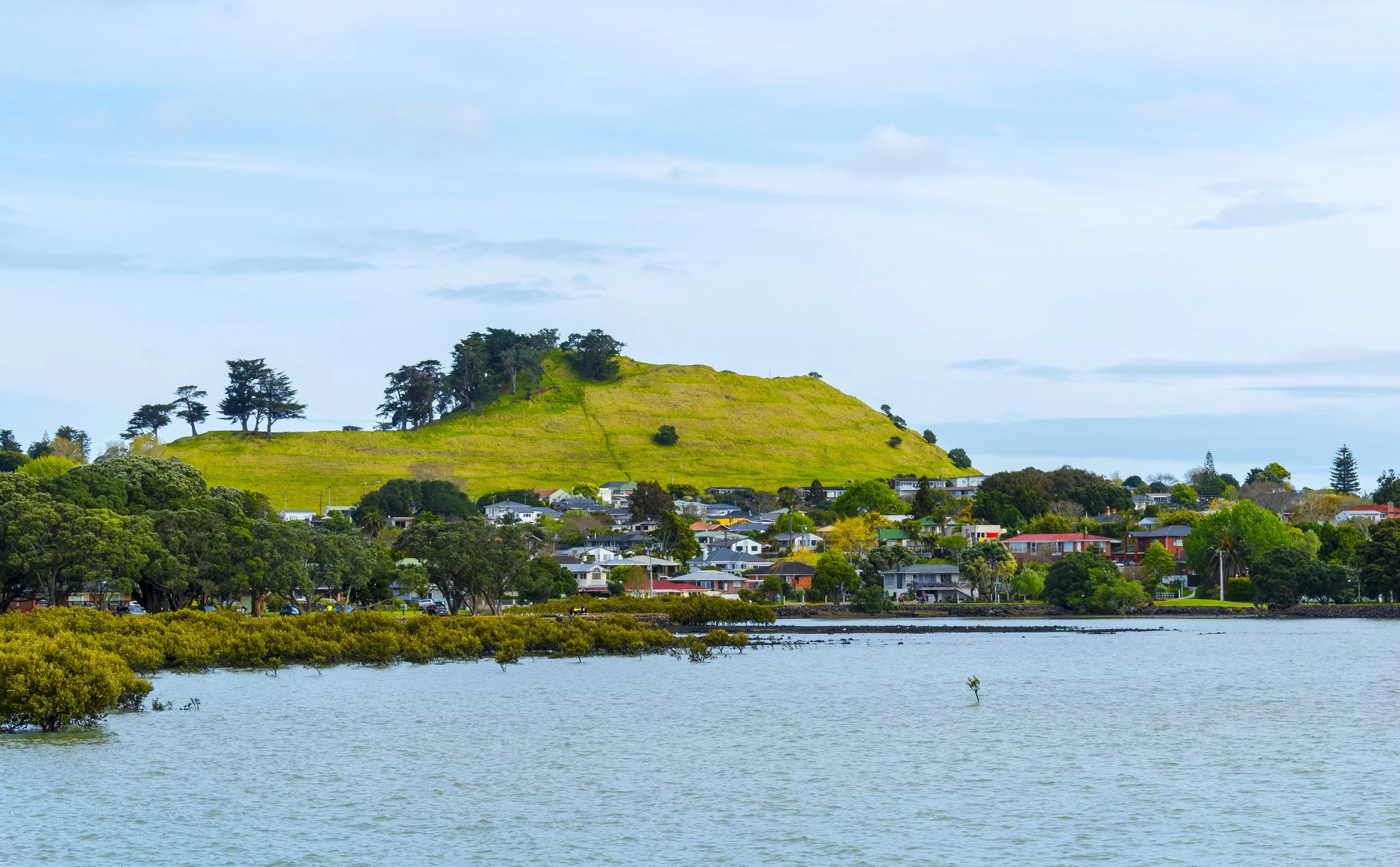Giving back to the community equitably: Evaluating the Lotteries COVID-19 Community Wellbeing Fund
By Georgia Parslow and Adrian Field
New Zealanders spend nearly $1.5 billion on Lotto gaming products each year, yet the re-distribution of these funds back into the community to date hasn’t been equitable. A recent RNZ investigation of the Lotteries Commission revealed nearly 70% of Lotto sales are made within New Zealand’s poorest communities. Funding grants disproportionately benefit wealthier New Zealand communities, as they encounter fewer barriers to access and are more likely to submit successful grant applications.
In partnership with Hāpai Hapori in the Department of Internal affairs (DIA), the Lottery Grants Board sought to address this issue in their grant-making process through prototyping a flexible funding model to achieve more equitable outcomes for communities in Aotearoa New Zealand.
Over the course of 2020-21, the Lottery Grants Board allocated $40 million in one-off grants to support hapū, iwi and community organisations in New Zealand through the COVID-19 Community Wellbeing Fund. The Fund aimed to revitalise and build resilience amongst communities impacted by COVID-19 lockdowns, recovering some lost income and aiding their community-led response activities. Dovetail was privileged to be commissioned to evaluate this Fund.
Designing a new fund approach
The Fund’s structure was a new high-trust model adaption of the Lottery Grants Board fund approach, set apart from existing funding structures by these key features:
Grant decisions were made by the DIA, devolved as close to communities as possible and delegated from the national committee to regional managers.
Community advisors made community organisations aware of this funding, and were encouraging, and supporting organisations through the grant application process.
Grant applications were as straight forward and short as possible with minimal compliance costs.
Grants below $50,000 required no supporting documentation and it was made easier for organisations without legal entity status to apply up to $10,000, a first for Lotteries Funding criteria.
This equitable approach was intended to aid more hapū, iwi, Māori and Pacific led organisations through the grant application process and encourage more first-time applicants among a diverse range of community organisations. Testing of this approach could then confirm whether this innovative equitable funding model could be applied to future funding ventures.
Key evaluation findings
We were commissioned to evaluate whether the aims of the Fund had been achieved. Our team of collaborators undertook a comprehensive review of background documentation, interviews with Fund stakeholders, a survey of over 700 grant applicants, analysis of the Fund grant database and interviews with 39 successful applicants to draw conclusions.
We found after the initial roll out of the Fund in October 2020, it was quickly established that its initial approach was not adequately reaching its intended groups and received a higher number of applicants than anticipated. Most applicants did not align with the priority of the Fund and with a majority representing large organisations simply looking to recover lost income.
A pause in funding activity in late 2020 sought a rethink of grant criteria and greater access for smaller community organisations, initiatives, and innovations, which was relaunched through a second tranche in early 2021.
Our formative evaluation explored the key areas of learning from the fund’s implementation and its impact on operations for Hāpai Hapori and DIA to carry into future funding avenues. Across both tranches of funding, but particularly the second tranche, the fund succeeded in in engaging hapū, iwi and Māori communities, Pacific-led organisations, and organisations that are new to Lotteries grant processes to apply.
63% of applicants were from small organisations (five staff members or fewer)
Māori and Pacific organisations application success rate were comparable to other organisations
Of the successful applications, 18% of funding was granted to Māori organisations and 12% to Pacific organisations
Perhaps most importantly, the fund demonstrated how a high-trust model of delegating decision making closer to communities can offer flexible funding options to meet each community’s needs. By leveraging community advisors, access barriers for organisations new to the grant application process could be overcome.
A fund that delivers on its promises
Our summative evaluation sought to understand the value the fund brought to participating organisations, the extent to which it reflected the needs of those communities and the impact for grantees.
Key enablers for the success of this funding model were:
Personalised support for those to access the application process
Low level of compliance inputs to apply and report on the use of the funding grant
A sense of validation for organisations who received the grant
Flexibility of the fund to be used for a range of community-identified needs
Supporting organisations to remain viable during lockdowns
An opportunity for organisations to not only recover funds, but to innovate and scale their impact.
Among Māori and Pacific organisations in particular, the fund enabled their staff to stay on board, and provide resources to improve responsiveness to their local Māori or Pacific community as a result.
The COVID-19 Community Wellbeing Fund tests how existing fund structures can adapt to achieve more equitable outcomes in New Zealand communities. From planning through to communications, implementation and decision-making, barriers to access grants among small and minority community organisation need to be consistently addressed.
The fund highlights the feasibility of an innovative and flexible funding model that can strengthen community capacity, and ensure funds are distributed equitably to the communities who may benefit most.
Since the evaluation was released, Hāpai Hapori advised us that DIA, on behalf of the Lottery Grants Board, is well underway with a programme of work to evolve the Lottery Grants System to make it easier and fairer for communities, hapū and iwi to access funding. Encouragingly, we’re told “part of this work is looking to make a shift to funding for equity, and we’ve been able to use insights from the COVID fund evaluation to help inform the evolved Lottery Grants System.”
Our full evaluation report on the Lotteries COVID-19 Community Wellbeing Fund can be found here.

